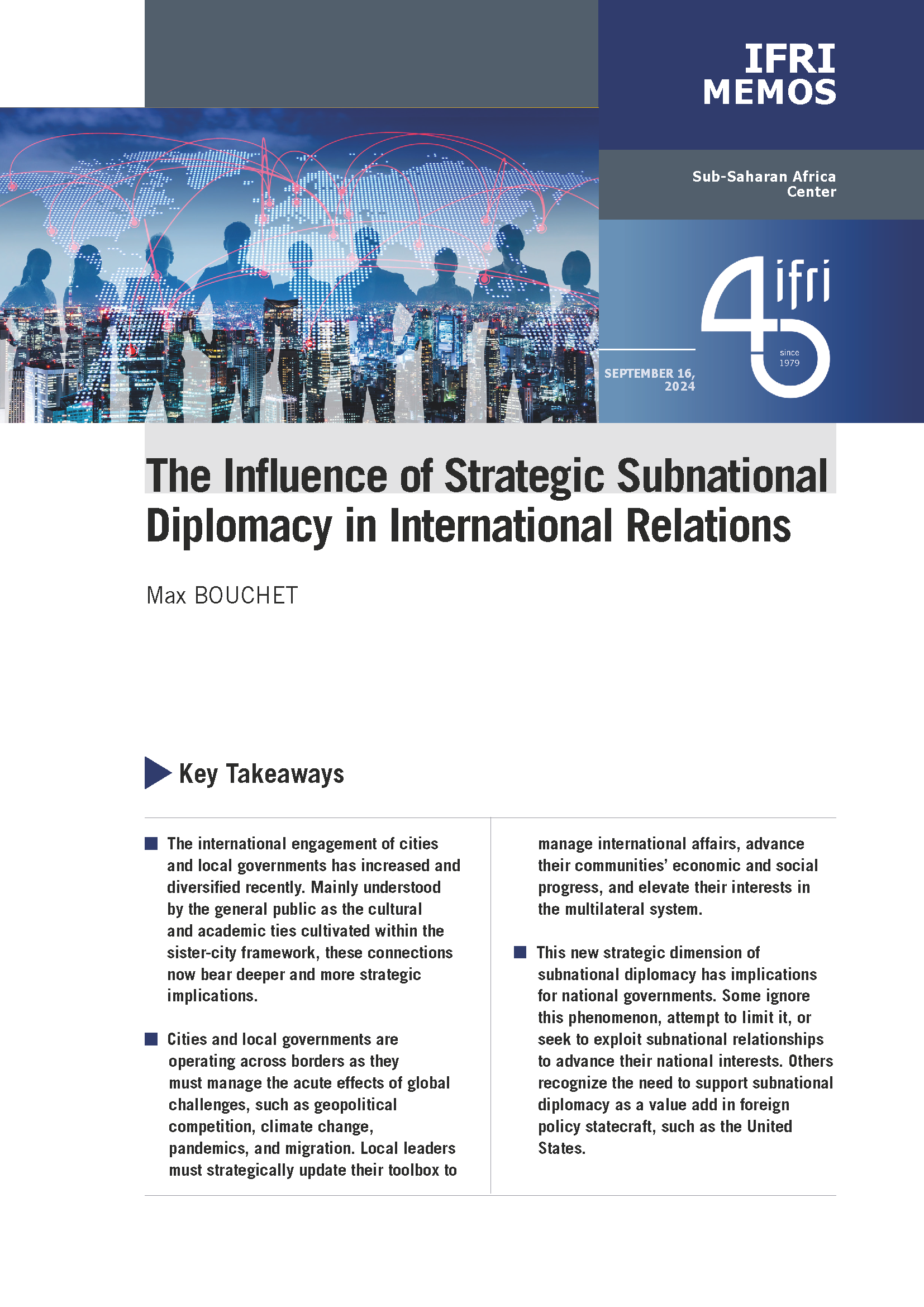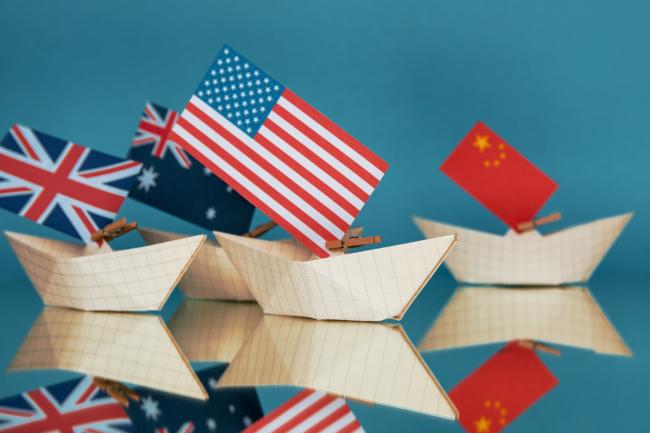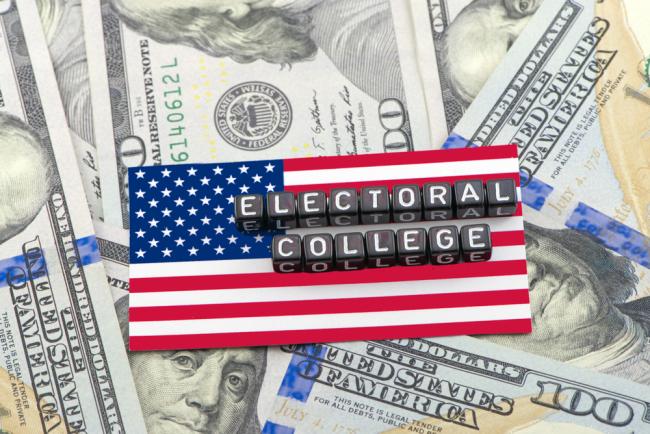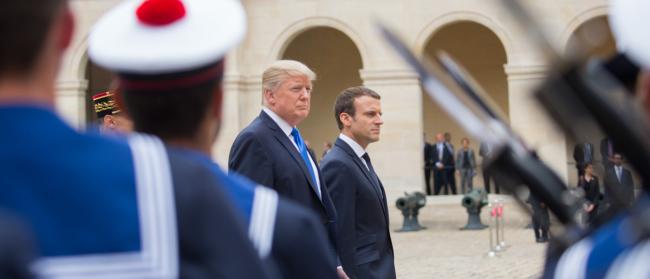U.S.-Russian Relations: The Path Ahead after the Crisis
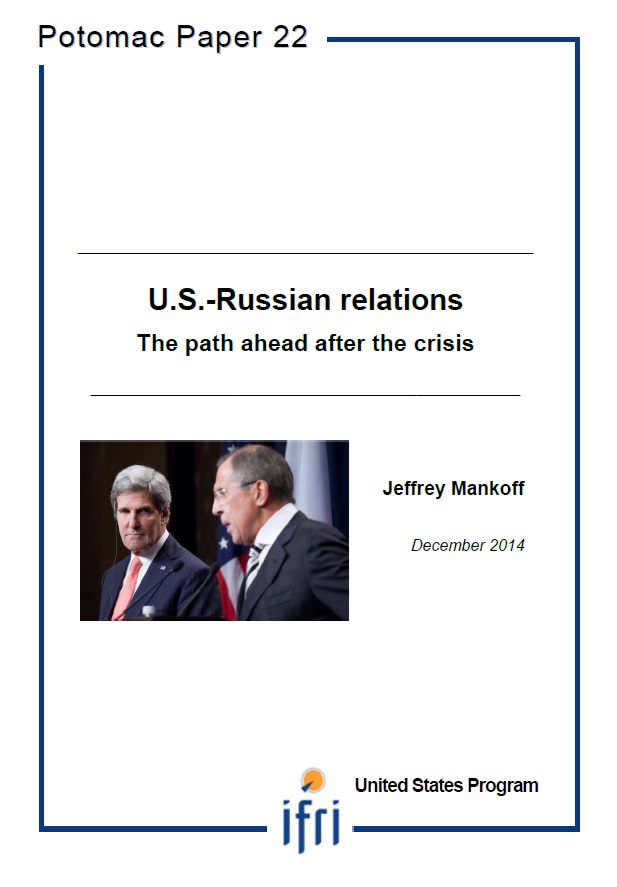
CSIS expert Jeff Mankoff explains the reasons of the crisis in Ukraine, and how the U.S. should try to reestablish a more stable situation in central Europe, mixing containment and engagement of the Russian partner.
After 1991, Russia never became a full participant in the new European security order, which remained based on NATO and, to some extent, the European Union. The Ukraine crisis of today is in many ways a consequence of Russia’s ambiguous position in that security architecture, which Moscow is now seeking actively to overturn.
While the status quo may not be ideal, the U.S. and its allies have little choice but to defend it right now. Backing down under Russian pressure would set a disastrous example, not only in Europe, but in every part of the world where a U.S. security umbrella restrains interstate conflict.
In the short to medium term, the U.S. has few options.
Relying on economic and diplomatic sanctions has not had the desired effect so far, and encourages Russia in its belief that what the U.S. really seeks is regime change in Moscow.
U.S. policy needs to step up efforts to confront Russia in states that it seeks to destabilize. This can be done if NATO’s presence and deterrence are both more credible, and through financial and even (limited) military assistance from the West. Meanwhile, a negotiated settlement that recognizes at least Russia’s baseline interests in Ukraine must be sought.
In the longer term, containment needs to be supplemented by a real effort to reshape relations between the West and Russia along less zero-sum lines. While the prospect of Russia “joining” the West today seems more remote than ever, it remains conceivable that Moscow and the Western powers can find a modus vivendi that allows both to pursue their economic interests in the grey zone between them without posing an undue threat to one another’s security.
Figuring out where states like Ukraine, Belarus, and Moldova will fit in the European quilt will remain the most significant question. For now, though, the West needs to be sure it can negotiate from a position of strength, which requires strong trans-Atlantic unity and sufficient investment of financial and other resources in ensuring the success of Ukraine’s transition.

Also available in:
Regions and themes
ISBN / ISSN
Share
Download the full analysis
This page contains only a summary of our work. If you would like to have access to all the information from our research on the subject, you can download the full version in PDF format.
U.S.-Russian Relations: The Path Ahead after the Crisis
Related centers and programs
Discover our other research centers and programsFind out more
Discover all our analysesAUKUS Rocks the Boat in the Indo-Pacific, And It’s Not Good News
For anyone who still harbored doubts, Washington made crystal clear from the announcement of the new trilateral alliance with Australia and the UK (AUKUS) that countering China is its number one priority, and that it will do whatever it takes to succeed. Much has been said about the consequences of AUKUS on the French-US relations, but the strategic implications for the Indo-Pacific nations (including France), and for China especially, are also critical to consider.
Washington-Téhéran : l'élection de Joe Biden change-t-elle la donne ?
The recent assassination of Mohsen Fakhrizadeh, the father of Iran's nuclear program, echoes that of Qassem Soleimani in January 2020 and illustrates the policy of "maximum pressure" which has prevailed these past four years. In this context, Joe Biden's election gives rise to high expectations for the appeasement of U.S.-Iran relations.
L’inégalité du Collège électoral aux États-Unis : comment réparer la démocratie américaine ?
Since the start of the 21st century, the flaws of the Electoral College, which completes the election process of the president of the United States by indirect universal suffrage, are the target of stronger than ever criticism.
Trade Wars: A French Perspective
The Section 232 tariffs on steel and aluminum announced by the United States in March would, if applied, have little direct impact on the French economy, but rather point toward a broader trend of protectionism and economic nationalism and a widening gap in transatlantic relations that is likely to have far-reaching implications for France.


